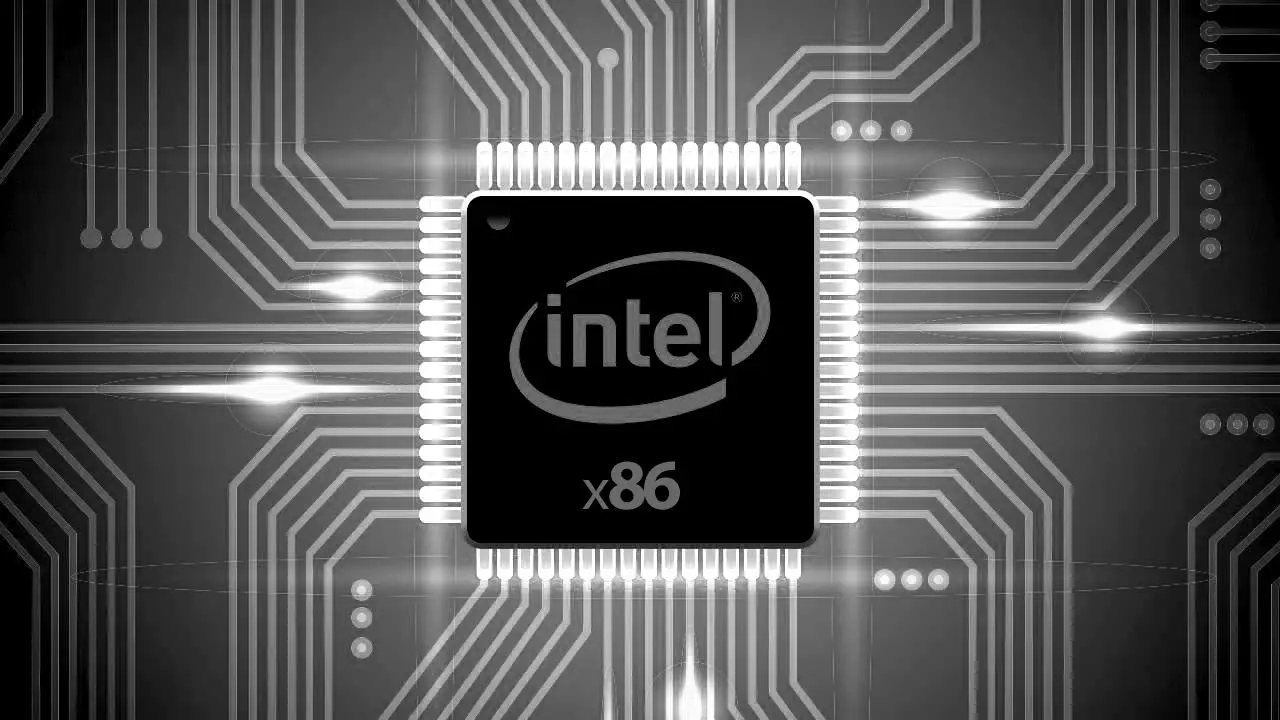
In the earnings announcement of January 25, Intel CEO Brian Krzanich made it clear that it will release chips that are completely immune to Meltdown and Specter loopholes in late 2018. Although Intel provided record-breaking financial data during the reporting period (Q4 2017), Wall Street analysts also raised concerns about the impact of security breaches on Intel in the future.

Image: wccftech
In this regard, Brian Krzanich said that even if the impact is maximized, it will not cause significant interference to Intel’s future financial expectations. He also added that Intel has arranged the strongest brain to handle the incident (a security breach).
PCWorld (PW) said that this CPU product should be based on the Cascade Lake-X 14nm process or part of the 10nm Cannon Lake chip. Cascade Lake-X is the codename for the next generation of Core X enthusiast processors to take over from the Skylake-X sold, time-honored on the previous roadmap for Q4.
One difference between the current Core X and the usual Core Duo is that the former uses the Mesh bus grid interconnect architecture, while the latter is the Ring Bus ring bus.
As for whether these new processors will stimulate Intel’s sales, PW believes that in two areas, the consumer level will not, but enterprise-level users may choose to deploy.
Another authoritative hardware media TMHW and PW view basically the same, that is, 10nm and the new 14nm will have the underlying level of vulnerability immunity.
On the advanced manufacturing process, Brian Krzanich at the earnings conference said 14nm products in 2018 will continue to do. As for 10nm, small-scale shipments will be selected in late 2017 and first half of 2018, and large-scale shipments will be made in the second half of 2018.
Although in theory, Intel was aware of the bug in the summer of 2017, the roadmap should be revised later, but former AMD expert Pat Moorhead, chief analyst of Moor Insights, has his own opinion that Intel is either Directly integrated in the release of the chip repair, or else they can only defer the new one year.